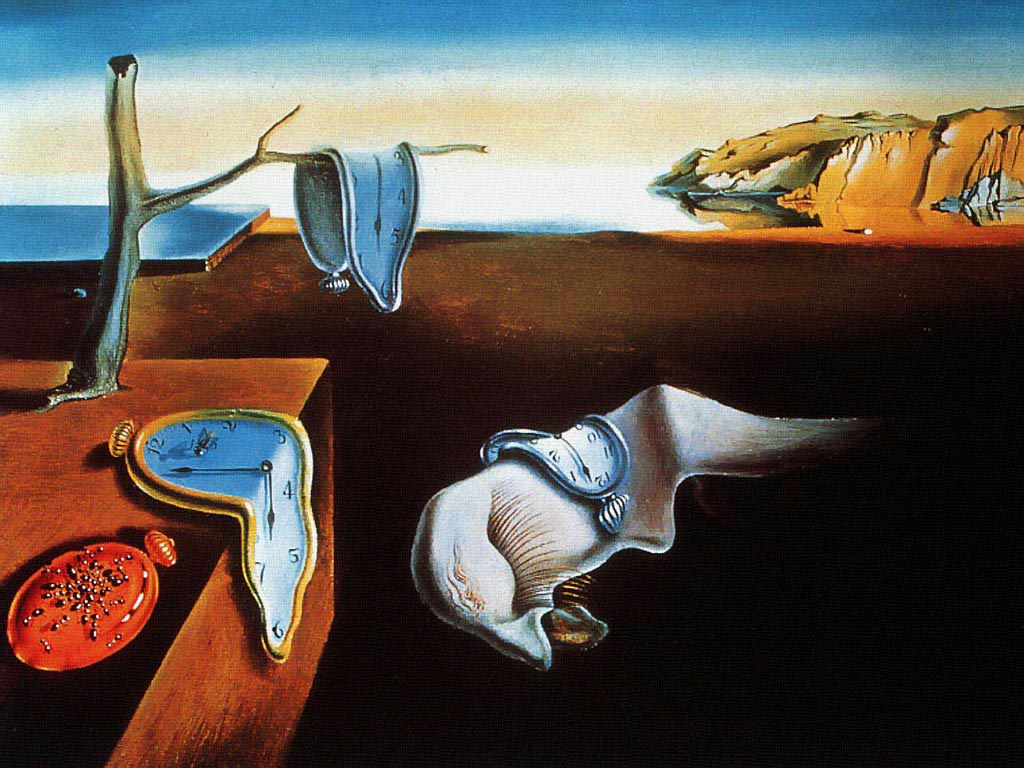Even as I sit here and type this, I'm confusing myself. I understand it will get darker outside earlier now, because of winter, and the clock being set back an hour. I understand the daylight extension in the summer as well. What I want to know is, why? Can we skip all this daylight savings time stuff for a few years and see what happens? Will it eventually be sunny at 3 a.m. and dark at noon? I think we should test it out. If it fails, I'll just have something else to complain about!
Vocabulary
advancing (v) to move, or bring forward
confused (v) unable to understand something; perplexed
admit (v) to acknowledge; confess
normal (adj) regular; usual;common
reasonable (adj) fair; average; moderate
extension (noun) the act or instance of stretching, increasing.
complain (v) to express resentment, displeasure, etc, especially habitually; grumble
Vocabulary Practice:
To add to your confusion, try to figure out each scrambled vocabulary word below. Good Luck!
sundeocf __ __ __ __ __ __ __ __
mnailopc __ __ __ __ __ __ __ __
dangicnva __ __ __ __ __ __ __ __ __
sealebaron __ __ __ __ __ __ __ __ __ __
lamron __ __ __ __ __ __
damit __ __ __ __ __
texisnone __ __ __ __ __ __ __ __ __
Grammar Point: Prepositions
Prepositions are the words that tell us either where something is (physical location) or when something happened (location in time), they cannot function on their own, and are always used to show a relationship between other words in the sentence.
The Preposition song- to the tune of Yankee Doodle
Prepositions are small group of words that are a closed class, meaning there will never be new words added to the list. For this reason, it is possible to memorize all the prepositions in the English language. Give it a try!
Practice singing the song in the link above to help you memorize prepositions.
** Write a paragraph describing all the times, and places, you've seen a squirrel in your neighborhood.**
Here is a list of common prepositions:
| about above across after against around at before behind below beneath beside besides between beyond | by down during except for from in inside into like near of off on out | outside over since through throughout till to toward under until up upon with without | according to because of by way of in addition to in front of in place of in regard to in spite of instead of on account of out of |
Here are some examples of prepositions showing location in time:
At midnight, my daughter woke up screaming.
During the ING marathon, many roads and bridges in New York City are closed.
Here are some examples of prepositions showing physical location:
The puppy is in the trash can. The puppy is beside the phone.




Great blog! Actually, I have never given daylight savings time much consideration....you have given me something to ponder! Now that you mention it, it is a very strange thing and I must admit that I've gone through life accepting it like many other things- astronomical gas prices, discarded food scraps after a meal, which by the way could feed a small nation,excessive property taxes,obnoxious family members, prejudice, and lastly, the thankless job of being a mother. Hope I haven't given you too much more to think about.... ah, wouldn't it be wonderful if we could all become great "ponderers", as you so obviously are, rather than peruse life with the attitude "it's just the way it is"? As far as daylight savings time is concerned I say it's fine just the way it is, but I'd certainly rather have more daylight hours than darkness.
ReplyDelete